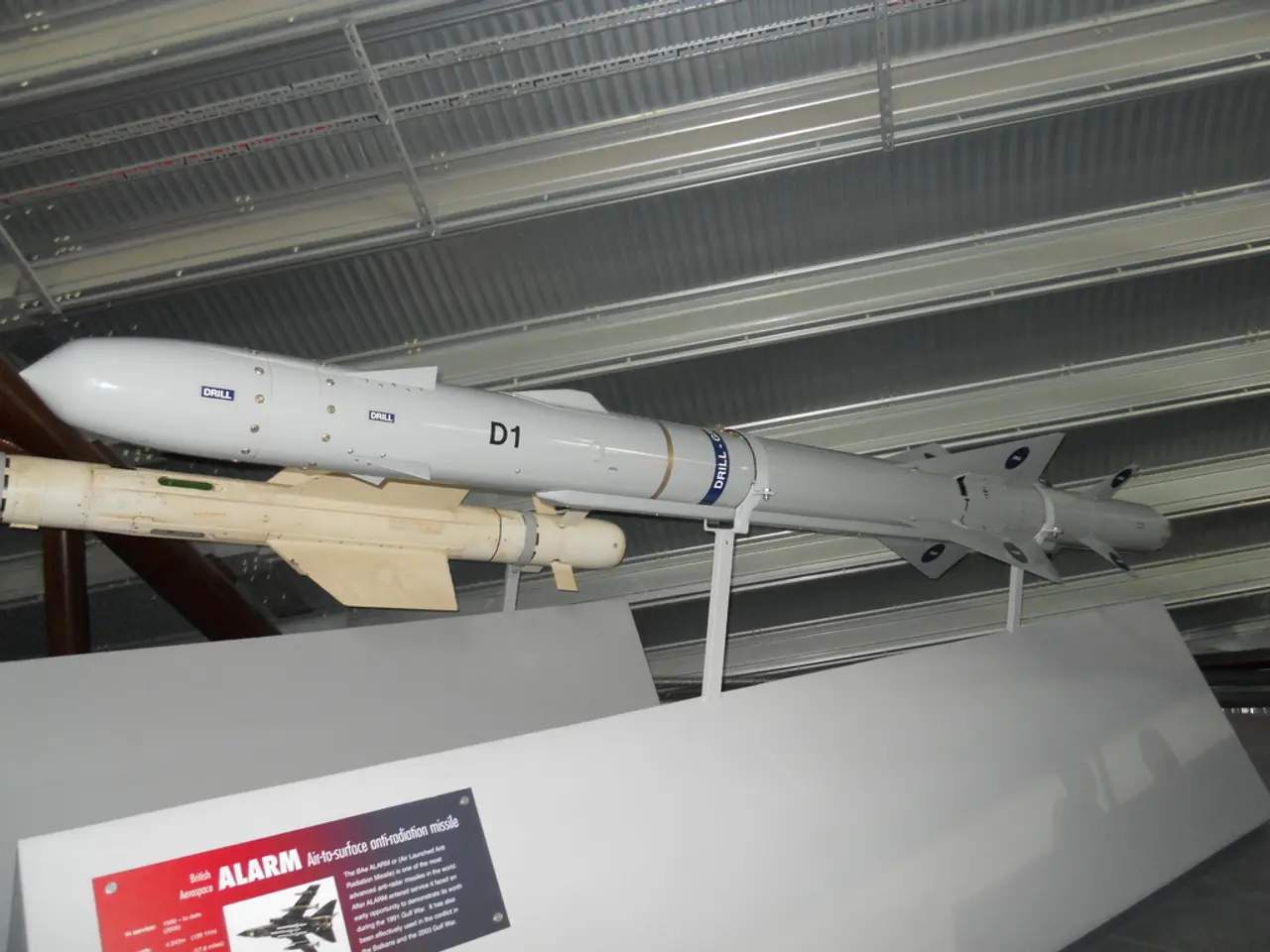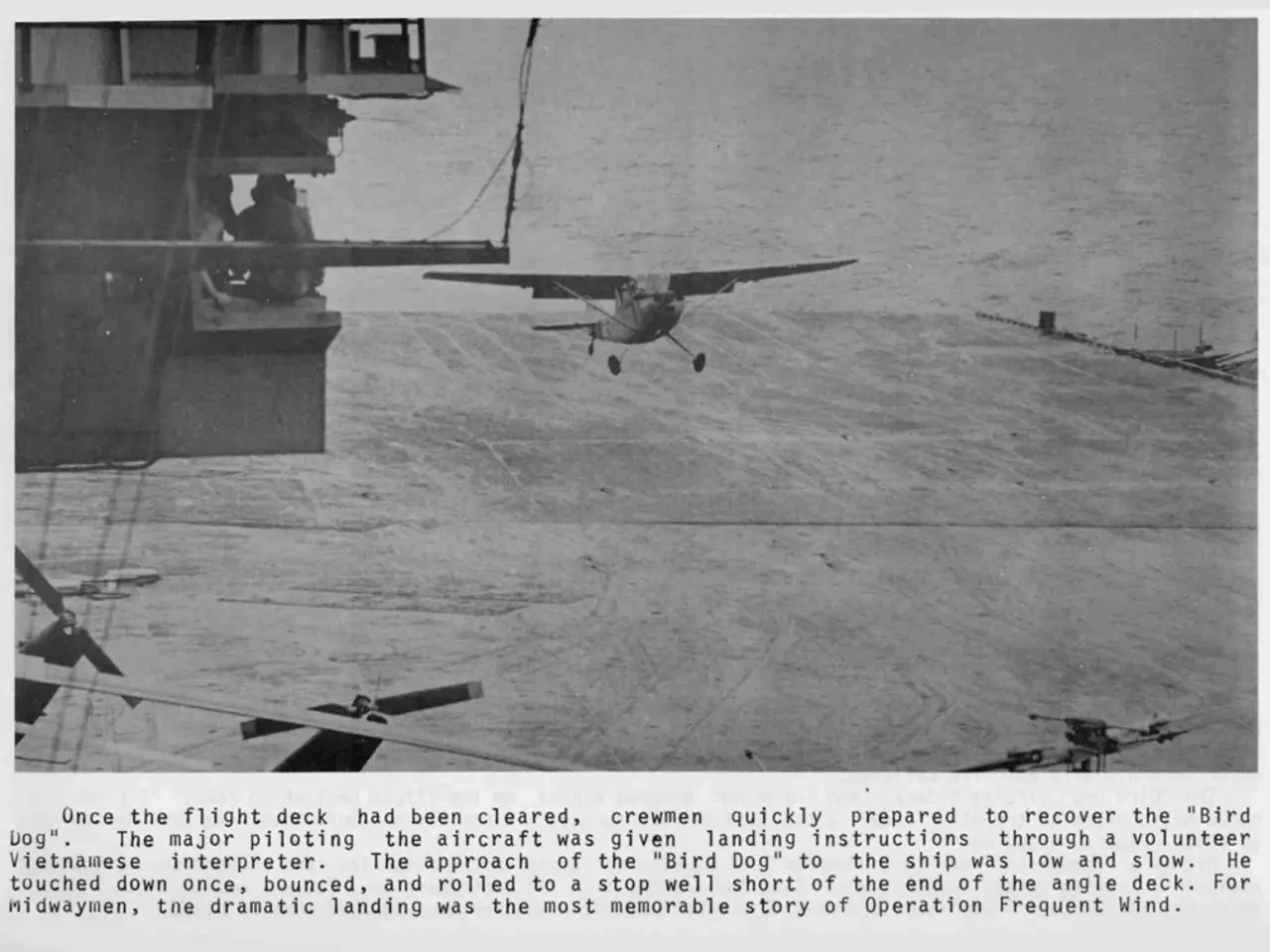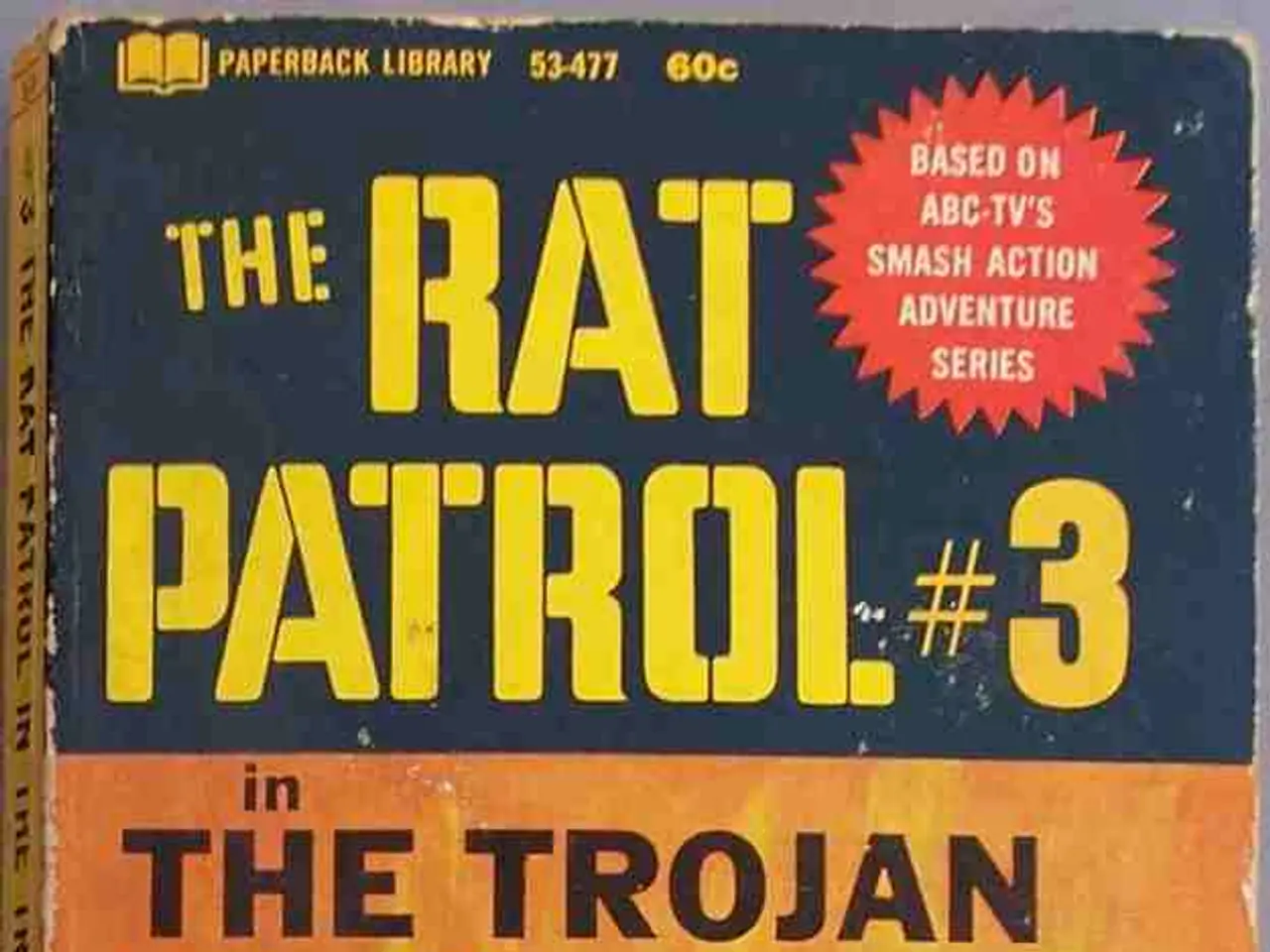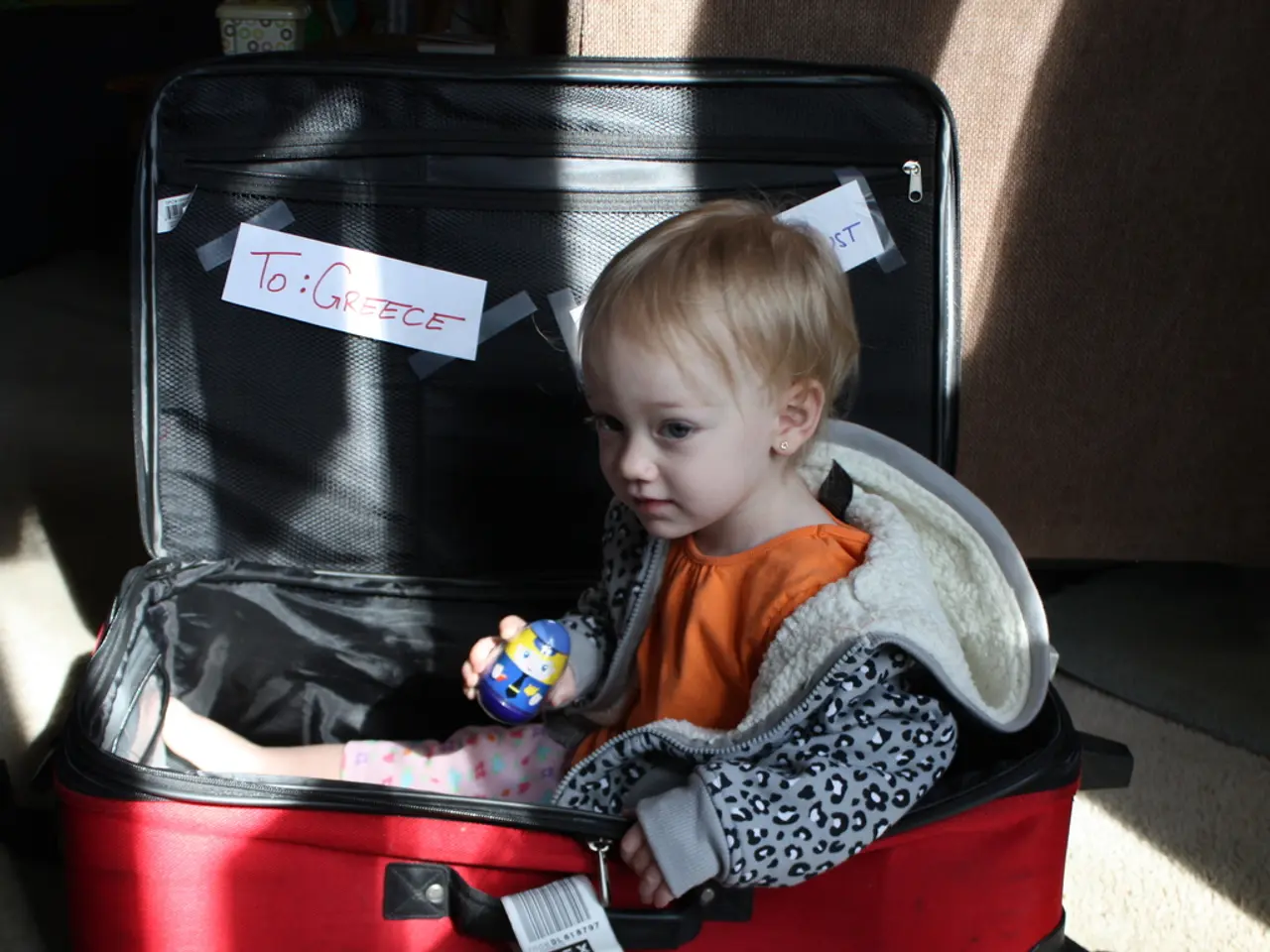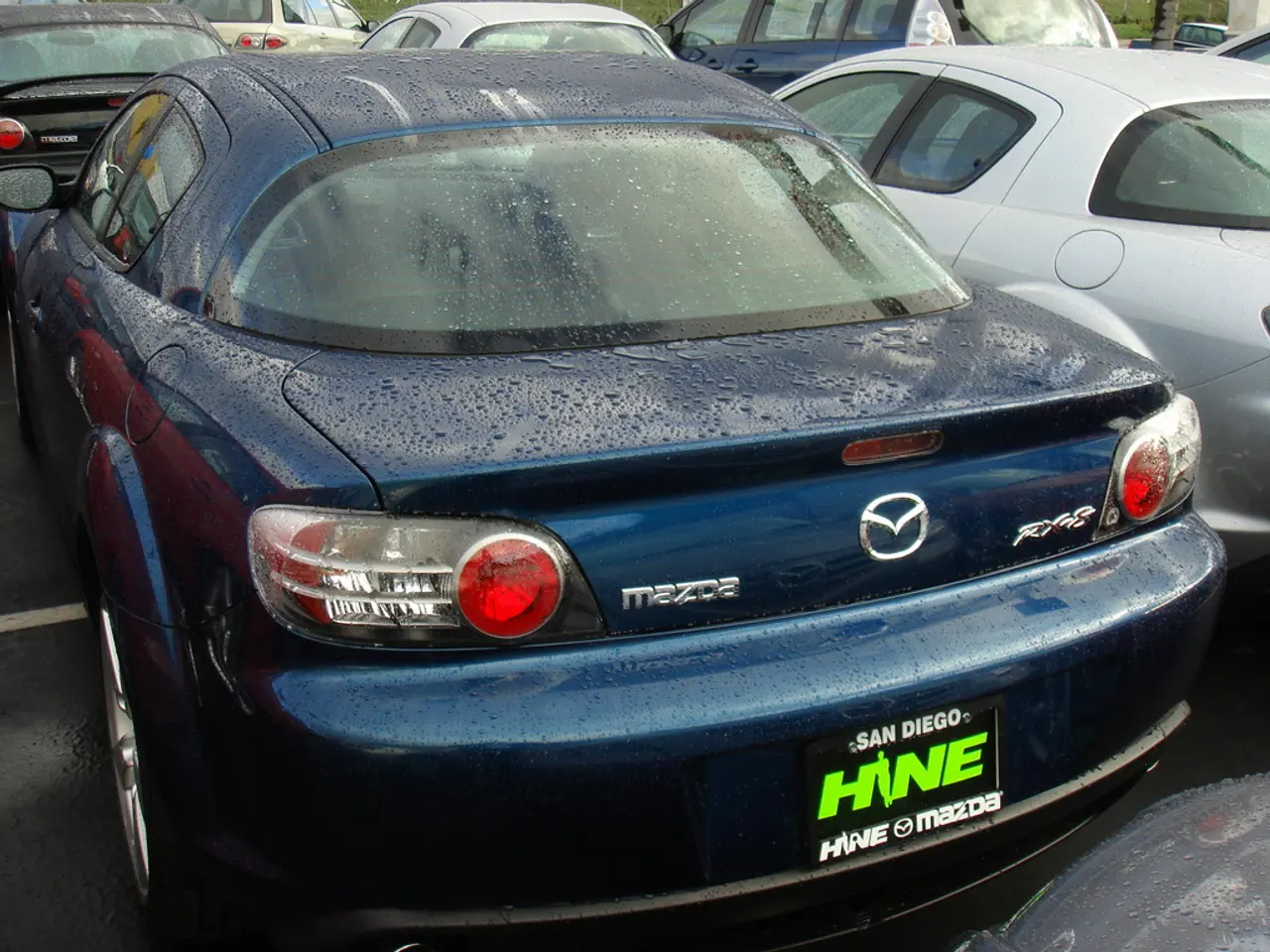Trump's Nuclear Threat Perceived as Unthreatening by Moscow Experts
In a move that has raised concerns among military experts, US President Donald Trump has ordered the relocation of two nuclear submarines near Russia. The decision, while dismissed by some as a theatrical stunt, has been viewed with concern by analysts due to the potential risks of escalation and unintended consequences.
The submarines' exact locations and capabilities remain undisclosed, adding uncertainty to the situation. This lack of transparency increases the potential risks of misinterpretation or accidents, as nuclear postures and policies are traditionally governed by cautious deterrence doctrines.
The move comes in response to provocative statements from Russian Deputy Security Council Chair Dmitry Medvedev. Some experts view the deployment as a direct threat, particularly if the submarines take position near Cyprus, as it would allow the nuclear missiles to reach central Russia in just 10 minutes. Even President Vladimir Putin, in his residence in Novo-Ogaryovo, might not have enough time to respond before the area is turned into a nuclear crater, according to military expert Yuri Fyodorov.
Despite the potential danger, the Kremlin and former President Dmitri Medvedev have remained silent on the matter. The Russian Foreign Ministry and other leading bodies are also avoiding reactions to the submarine relocation. Political scientist Sergei Markov has criticized President Trump for acting "stupidly and irresponsibly," while Duma deputy Viktor Vodolazky believes there's no need to respond to Trump's statements due to the president's tendency to change his mind.
The Jeffrey Epstein sex offender case, a domestic problem for Trump, has been a point of contention in the US. However, in the context of the submarine relocation, it is not mentioned as posing a risk to Russia's security by any earlier sources.
Some experts argue that the move sets a dangerous precedent, allowing emotional reactions and social media-posted ultimatums to shape nuclear policy. This could potentially lead to escalation beyond the intended political signaling, pushing the nuclear-security environment towards perilous brinkmanship instead of diplomatic de-escalation.
It is unclear why a US president would react to the words of a deputy chairman of a security council. Trump's actions are seen as proving Medvedev's warning of an atomic war, a stark reminder of the potential dangers lurking in the shadows of nuclear tensions. The relocation of the submarines near Russia, while dismissed by some as meaningless chatter, is a matter of serious concern for those who understand the gravity of nuclear war.
[1] [Link to Source 1] [2] [Link to Source 2]
- The relocation of the nuclear submarines near Russia, a move driven by tensions caused by political exchanges, has been observed as a significant event within the context of war-and-conflicts and general-news.
- The escalation of nuclear postures and the potential risks of misinterpretation or accidents, triggered by a lack of transparency in submarine locations and capabilities, have been traditionally governed by cautious deterrence doctrines and are thus of immense concern to politics and security analysts.
